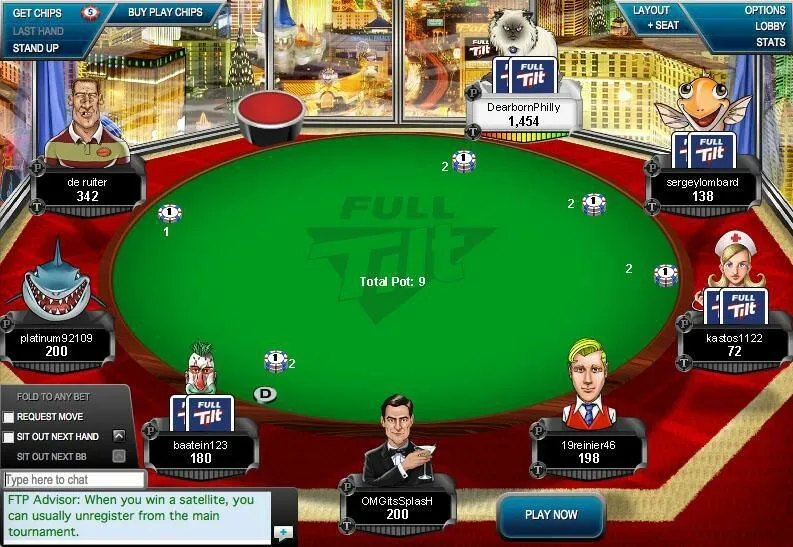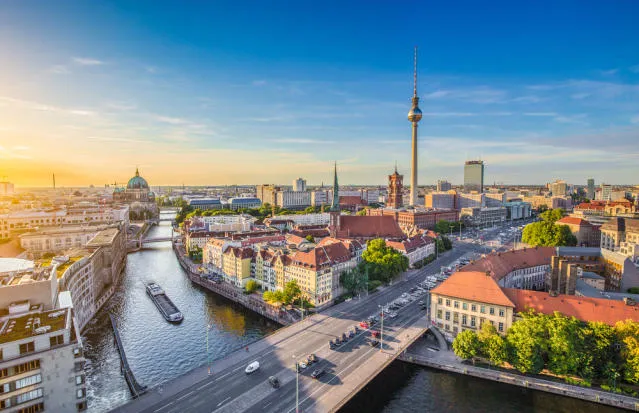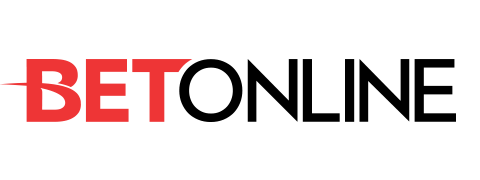In 2003, an unknown accountant from Tennessee named Chris Moneymaker took first place in the main poker tournament of the World Series, held in Las Vegas. He won two and a half million dollars.
Chris became the first WSOP winner in history to qualify for the tournament online. It cost him only thirty-nine dollars to enter a satellite on PokerStars. He was not a professional and viewers could relate to him. The combination of these factors led to a boom for online poker rooms.
Online traffic peaked in April 2003 with 4,200 simultaneous players. Over the next year after Moneymaker's triumph, these numbers quadrupled to over 20,000. A year later, traffic had doubled again.

But in 2006, the US government expanded gambling laws to include online gambling. Conducting transactions on the internet for gambling became illegal. The largest poker rooms continued to accept deposits from players, deciding that this had nothing to do with poker.
On April 15, 2011, the US government indicted the largest poker networks – PokerStars, Full Tilt, and Cereus – for violating gambling laws. The event was called "Black Friday" in the poker community. The company accounts were frozen, and sites in the .com domain zone were closed.

What Is Europool in Poker?
One reason for banning the game from the US was that most American players were losing money to opponents from abroad, taking money out of the economy. The losses were estimated at four and a half billion dollars.
The situation in the United States inspired European and Asian countries, whose players were also inferior in strength to foreign rivals. Thanks to the creation of closed poker pools, it was possible to stop the outflow of money abroad. But another problem appeared: the fragmented poker pools had low traffic, making it impossible to hold major tournaments. Prize money guarantees decreased and interest in poker began to fade.
The countries of Western Europe took advantage of the only logical solution – joining into a joint Europool. PokerStars players from Spain and France were the first to unite in 2018. Next in line was the association of Winamax poker players. Players from Portugal later joined.
Which Countries Make Up the Poker Europool?
Currently, three countries participate in the Europool: Spain, France, and Portugal. The unification of players yielded results the very next year. Traffic increased, and regular tournaments with attractive guarantees appeared.
There are four large poker rooms operating in the Europool:
- PokerStars Europe: The average number of players online at cash tables according to Pokerscout is 800. At its peak on weekends, there are up to 1,360 poker players at the tables simultaneously. Exclusive tournaments, bonuses, and promotions targeted at the European audience are available. In the lobby, you can find all popular poker disciplines and formats: No Limit Texas Holdem, Omaha, cash, tournaments, and spins.
- Partypoker Europe: Formed by the merger of PartyPoker.fr and PartyPoker.es. The average traffic for seven days is 280. On weekends, around 600 players hit the tables. The poker client is no different from the global version, and the main difference is in the available game formats, promotions, and tournament grid.
- iPoker Europe: Shows comparable results to PartyPoker. Only 240 players on average over the last week. Europool players can register online through the Guts Poker and Betfair Poker rooms. You can play No Limit Holdem and Omaha at 6-max tables. In addition to classic cash tables, MTTs, and twisters, there is a short deck in the lobby, but games with a short deck are rarely played.
- Winamax: Holds first place in terms of traffic in the Europool. 1,100 is the online average, and at its peak reaches 1,880. Players from the European Union and countries belonging to the European Economic Area are allowed to register with Winamax. In addition to cash tables, regular tournaments with more than a thousand participants are available. In the lobby, in addition to No Limit Holdem and Pot Limit Omaha, there is Limit Razz and Omaha Hi/Lo, but the game does run, even during peak traffic times.
Initially, Italy was planned to participate in the Europool. However, due to changing government plans and tightening gambling laws, this never happened. The Italians continue to play without the opportunity to meet opponents from neighboring countries.
Traffic in Poker Rooms of the Italian Pool
Players from Italy gather at the tables in rooms PokerStars, iPoker, PeoplesNetwork, and 888poker. Regular professional poker players consider the competition on the Italian reservation to be the weakest.
In the future, the Europool may expand and player bases may shift. At different times, Slovenia, Slovakia, and the Netherlands considered joining the treaty.
If finding a room in your location is proving to be difficult, we could lend a helping hand. Our support staff are online around the clock for issues just like this and the assistance is totally free.
- Increased rakeback and personal bonuses
- Help with deposits and cashouts
- Access to mobile applications
- Solving problems with accounts
- Technical support
- Questions about the site and forum





















